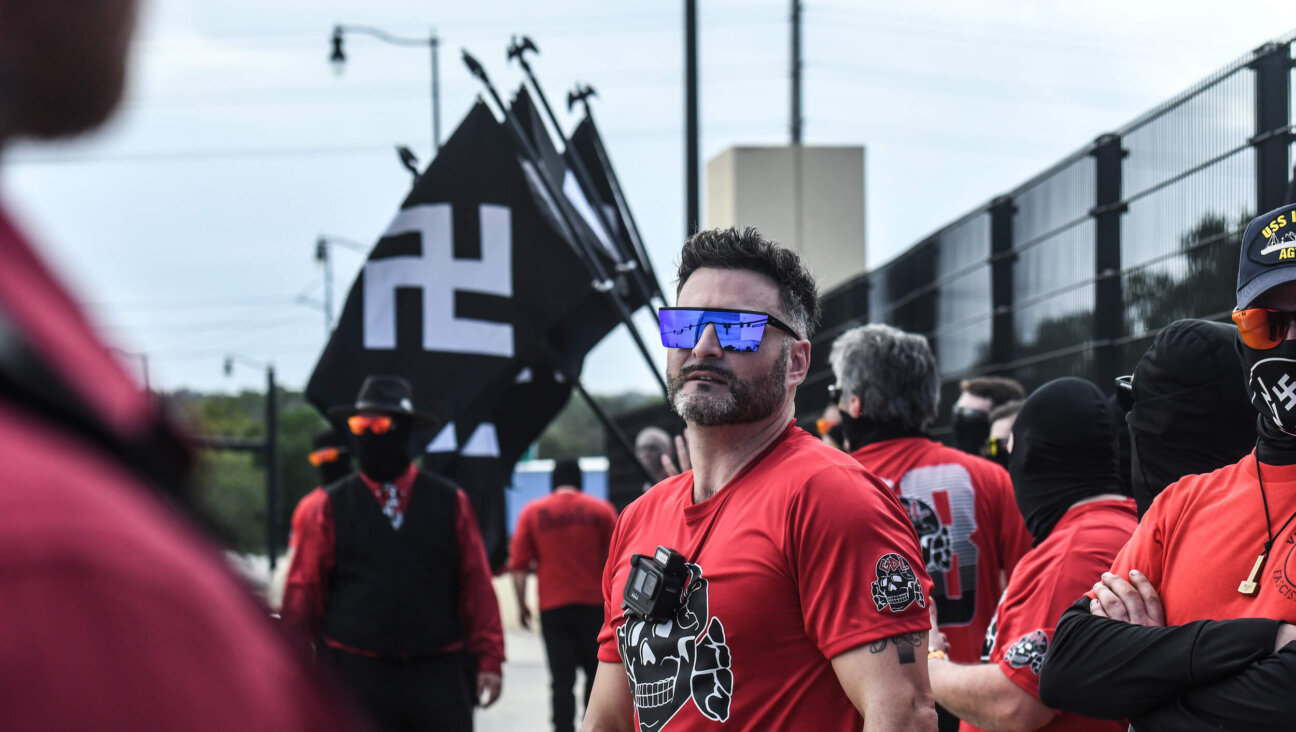Richard von Weizsaecker, Who Challenged German Attitudes About the Holocaust, Dies

Image by Getty Images
Former president Richard von Weizsaecker, who challenged German attitudes about the Holocaust by arguing that the country had been liberated by the Nazi defeat in 1945, died on Saturday at the age of 94, the current president’s office said.
A member of one of Germany’s most distinguished aristocratic families, von Weizsaecker also presided over the reunification of East and West Germany in 1990, 11 months after the fall of the Berlin Wall.
He was most remembered for a landmark speech in May 1985 marking the 40th anniversary of the end of World War Two in which he urged Germans to come to terms with responsibility for the Holocaust. He stirred some controversy at home by saying Germany had been liberated by the Third Reich’s downfall.
“All of us – whether guilty or not, whether young or old – must accept the past. We are all affected by its consequences and liable for it. Anyone who closes his eyes to the past is blind to the present. The 8th of May was a day of liberation. It freed us all from the system of National Socialist tyranny.”
Von Weizsaecker, a conservative Christian Democrat (CDU) who had served as a Wehrmacht officer during World War Two, became West Germany’s president in 1984 and left office a decade later.
More than any predecessor, he used the largely ceremonial post to serve as the “conscience of Germany” and spoke out often about the country’s special responsibility after World War Two.
A tall, lean man, von Weizsaecker had a patrician air that contrasted with the burly and more earthy Helmut Kohl, the then-CDU leader who was chancellor, or head of government, throughout his presidency.
After a career in law and business, he entered politics in 1969 and in 1981 became mayor of West Berlin. His statesmanlike speeches helped raise West Germany’s standing in the eyes of the wartime allied powers, easing concerns about unification later.
He drew criticism for having served in Hitler’s army, where he was promoted several times and in 1944 awarded the Iron Cross. The young lawyer also defended his father Ernst, who served in the Nazi foreign ministry from 1938 to 1943 and was a member of the SS, at the Nuremberg trials in 1948-49.
Defending himself, von Weizsaecker said: “Guilt, like innocence, is always a matter for the individual.” As an officer, he said, he had acted according to his principles, and refused to instruct his troops to carry out orders which came from top Nazis if he found them “inhumane.”
A message from our CEO & publisher Rachel Fishman Feddersen

I hope you appreciated this article. Before you go, I’d like to ask you to please support the Forward’s award-winning, nonprofit journalism during this critical time.
We’ve set a goal to raise $260,000 by December 31. That’s an ambitious goal, but one that will give us the resources we need to invest in the high quality news, opinion, analysis and cultural coverage that isn’t available anywhere else.
If you feel inspired to make an impact, now is the time to give something back. Join us as a member at your most generous level.
— Rachel Fishman Feddersen, Publisher and CEO























